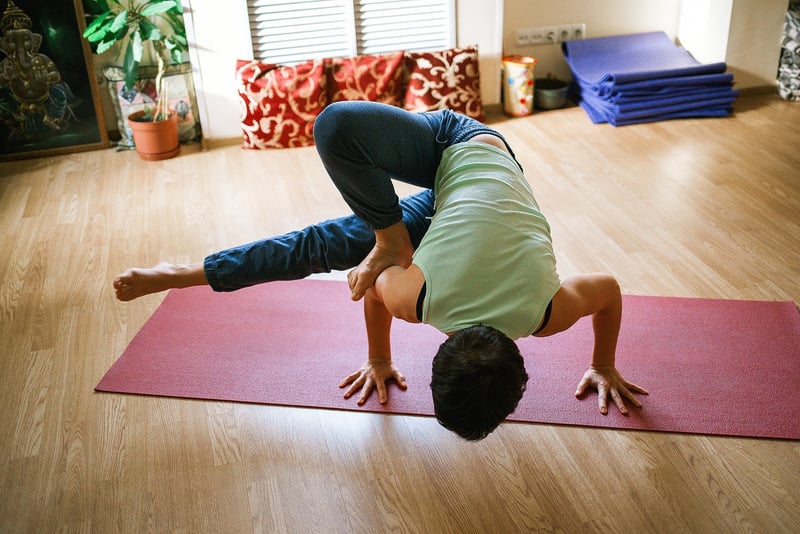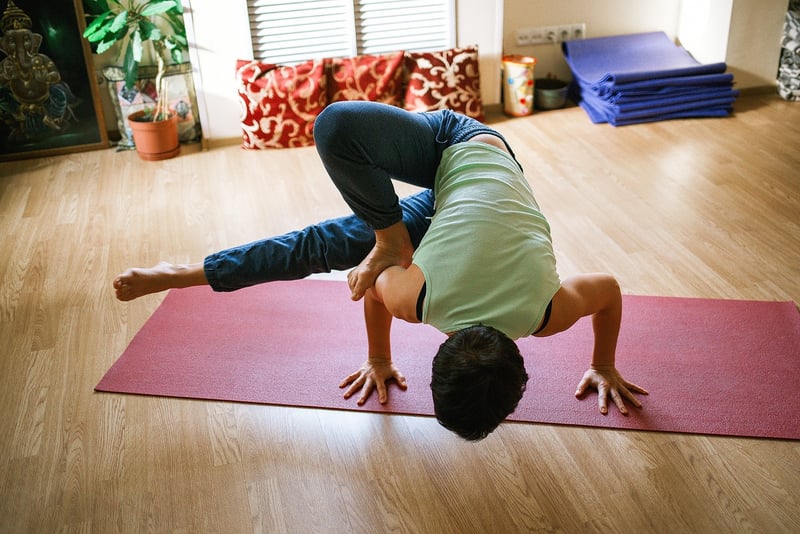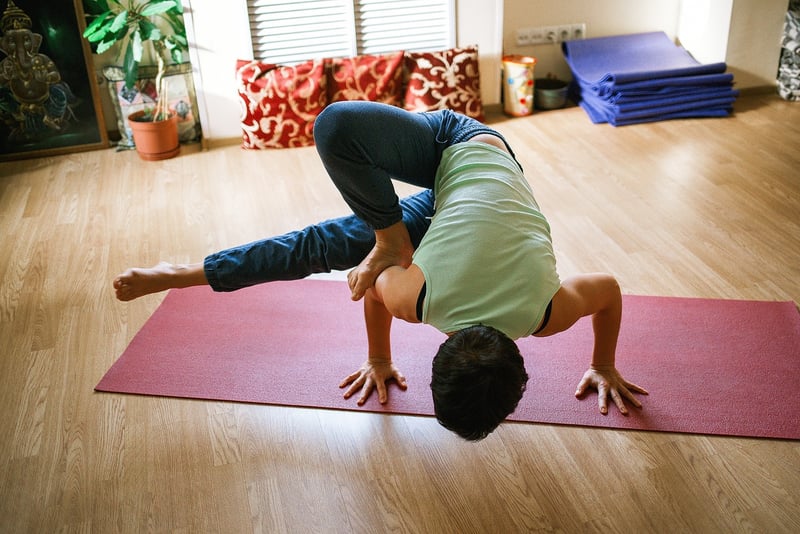Restorative Yoga
The Power of Physical and Mental Practice Combined with Restorative Yoga
In today's fast-paced world, finding a balance between physical activity and mental relaxation is crucial for overall well-being. Incorporating a mix of physical and mental practices, along with restorative yoga, can help achieve this balance and promote a sense of harmony within the body and mind.
Physical and Mental Practice
Engaging in physical activities such as cardio, strength training, or yoga can have numerous benefits for the body, including improved strength, flexibility, and cardiovascular health. Additionally, physical exercise releases endorphins, also known as "feel-good" hormones, which can boost mood and reduce stress and anxiety.
On the other hand, mental practices like mindfulness meditation, deep breathing exercises, or visualization techniques can help calm the mind, enhance focus, and reduce mental clutter. These practices can be especially beneficial in managing stress, improving concentration, and fostering emotional well-being.
Benefits of Combined Practice
When physical and mental practices are combined, they complement each other to create a holistic approach to well-being. Physical exercise can help release tension in the body, while mental practices can calm the mind and reduce mental fatigue.
By incorporating both physical and mental practices into your routine, you can experience improved overall health, increased energy levels, and a greater sense of balance and inner peace.
Restorative Yoga
Restorative yoga is a gentle form of yoga that focuses on relaxation and rejuvenation. It involves holding poses for an extended period, allowing the body to fully relax and release tension. Restorative yoga is particularly beneficial for reducing stress, relieving muscle tension, and promoting deep relaxation.
Practicing restorative yoga regularly can help improve flexibility, reduce anxiety, and enhance overall well-being. It is an excellent way to unwind after a long day, calm the mind, and restore balance to the body.
How to Get Started
If you're new to restorative yoga, consider taking a class with a certified instructor who can guide you through the poses and provide modifications based on your abilities. You can also find online resources, such as videos and tutorials, to practice restorative yoga at home.
Remember to listen to your body, breathe deeply, and allow yourself to fully relax into each pose. With consistent practice, you'll begin to experience the many benefits that restorative yoga has to offer.
Conclusion
Combining physical and mental practices with restorative yoga can have a profound impact on your overall health and well-being. By incorporating these practices into your daily routine, you can create a sense of balance, harmony, and inner peace that will benefit both your body and mind.
Take the time to nurture both your physical and mental well-being, and you'll discover the transformative power of this holistic approach to health.




